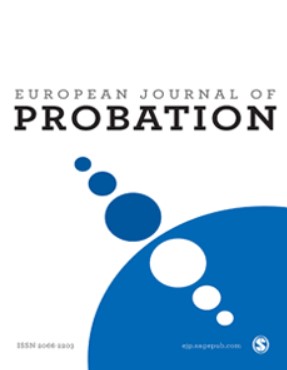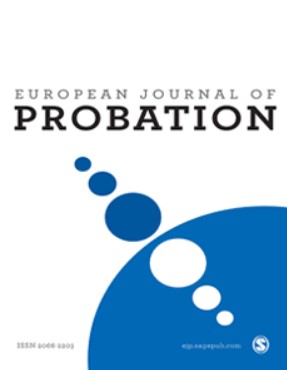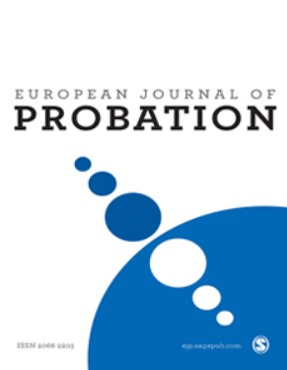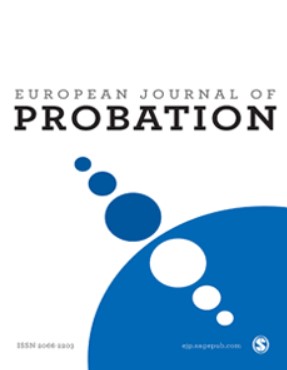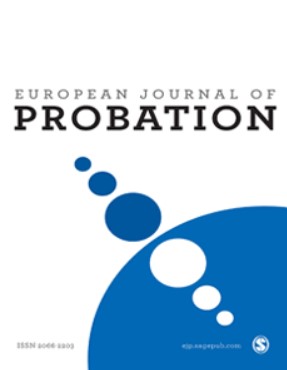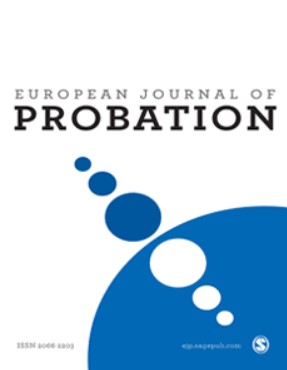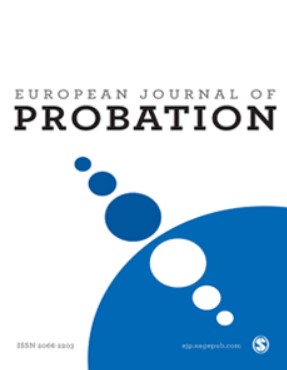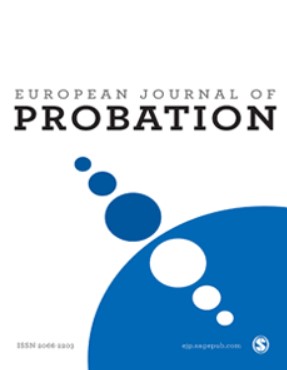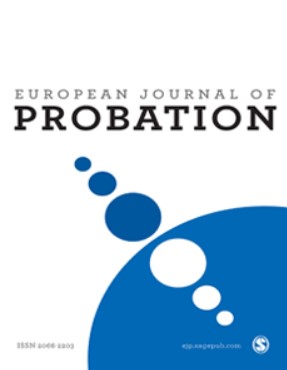
Rehabilitation: What does ‘good’ look like anyway?
This article explores the need for a clearer vision of what ‘good’ looks like in the rehabilitation of offenders, whether in prison or in the community. Such a vision is needed to underpin not only innovative, and evidence-based service development but also outcomes led commissioning, and (in the context of England and Wales) the procurement of packages of rehabilitation services most likely to support the desistance process. The need for this is greater than ever, due to the current UK Government’s Transforming Rehabilitation reforms that are set to dramatically alter criminal justice policy in England and Wales.
More...
